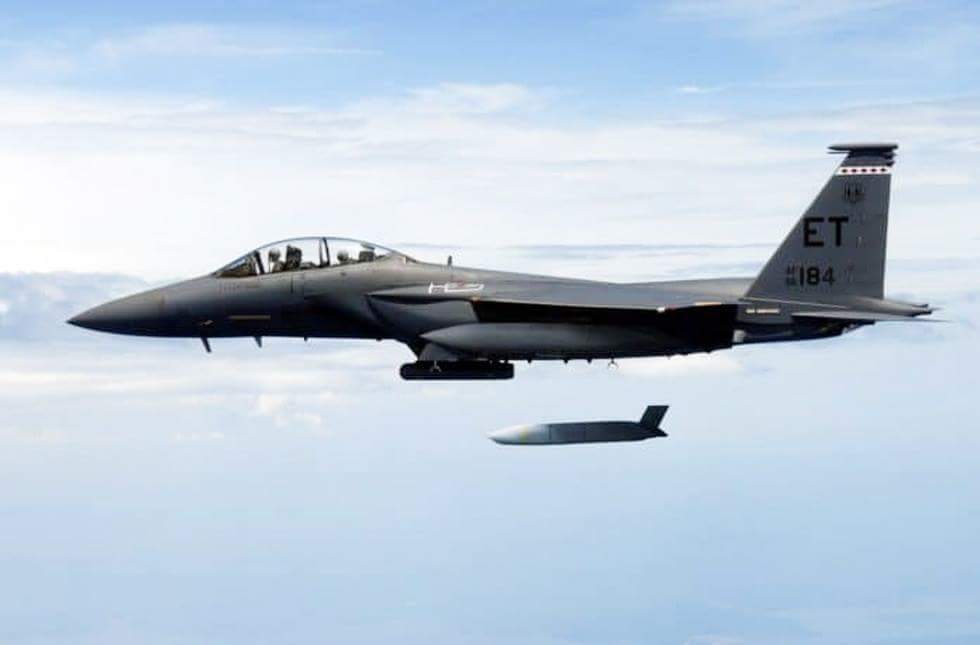The US State Department has made a determination approving a possible Foreign Military Sale to the Government of Japan of Joint Air-to-Surface Standoff Missiles with Extended Range (JASSM-ER) and related equipment for an estimated cost of $104 million. The Government of Japan has requested to buy up to fifty (50) AGM-158B/B-2 Joint Air-to-Surface Standoff Missiles with Extended Range (JASSM-ER). Also included are JASSM Anti-jam Global Positioning System Receivers (JAGR), training missiles, and missile containers; munitions support and support equipment; spare parts, consumables, accessories, and repair/return support; integration and test support and equipment; personnel training equipment and other related elements of logistics and program support. The principal contractor will be Lockheed Martin, Orlando, FL.

The AGM-158 JASSM is a low detection standoff air-launched cruise missile developed by Lockheed Martin for the United States Armed Forces. The JASSM project began in 1995 after the cancellation of the AGM-137 TSSAM project. It is a large, stealthy long-range weapon with a 1,000-pound (450 kg) armor piercing warhead. It completed testing and entered service with the U.S. Air Force in 2009, and has entered foreign service in Australia, Finland, and Poland as of 2014. An extended range version of the missile, the AGM-158B JASSM-ER (Extended Range), entered service in 2014. By September 2016, Lockheed Martin had delivered 2,000 total JASSMs comprising both variants to the U.S. Air Force. Large numbers of JASSM-XR (Extreme Range) will become available in 2024.

In the 2019 Mid-term Defense Program, Japanese government introduced a plan to purchase the AGM-158B Joint Air-to-Surface Standoff Missile – Extended Range (JASSM-ER)M for use in its Mitsubishi F-15DJ and F-15J Kai air superiority fighter fleet. The proposed sale will improve Japan’s capability to meet current and future threats by providing stand-off capability via advanced, long-range strike systems including but not limited to the F-15J. Japan is considering the use of cargo aircraft to launch missiles, aiming to diversify its launch platform options. The introduction of the Rapid Dragon system, tested by the USAF, could expand the capabilities of the JSDF’s stand-off missile arsenal which could include firing JASSM-ER from cargo aircraft.

Rapid Dragon is a palletized and disposable weapons module which is airdropped in order to deploy flying munitions, typically cruise missiles, from unmodified cargo planes. Developed by the U.S. Air Force and Lockheed, the airdrop-rigged pallets, called “deployment boxes,” provide a low cost method allowing unmodified cargo planes, such as C-130 or C-17 aircraft, to be temporarily repurposed as standoff bombers capable of mass launching any variant of long or short range AGM-158 JASSM cruise missiles against land or naval targets. The size of the deployment boxes is configurable and ranges from 4 to 45 AGM-158 JASSM-ER cruise missiles, which can strike targets at a range of 570 to 1,200 mi (925 to 1,900 km).












